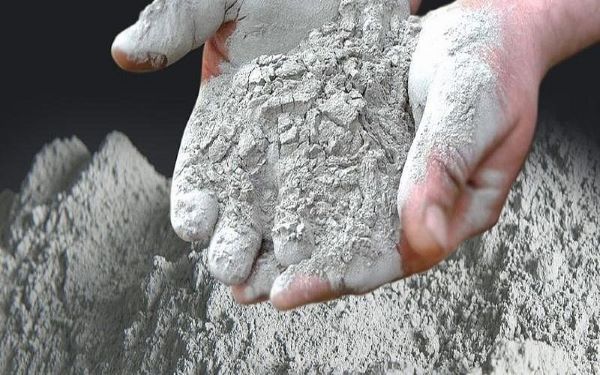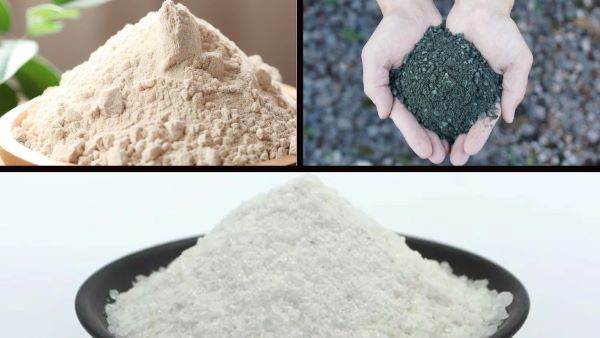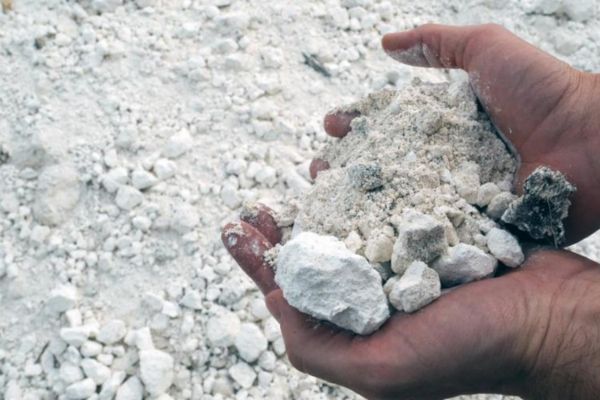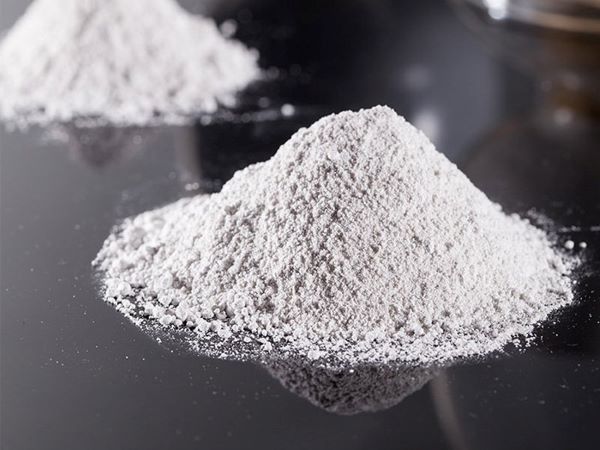NEWS & EVENTS
- Home
- News
- Products Information
- Is Stone Powder Toxic? The Truth You Need to Know!
Is Stone Powder Toxic? The Truth You Need to Know!
August 13,2025

In modern industries, stone powder (calcium carbonate – CaCO₃) is a familiar raw material that plays an important role in many fields such as plastics, paints, paper, rubber, and pharmaceuticals. However, many people still wonder is stone powder toxic and whether its use or exposure may affect human health. To better understand, let’s explore the properties of stone powder as well as the factors related to its safety in practical applications.

Stone powder (CaCO₃) is a fine white material with multiple applications across various modern industries

Stone powder is not toxic, but it should be used properly with protective equipment
What is stone powder?
Stone powder (CaCO₃), also known as calcium carbonate, is a common inorganic compound in the form of fine white powder. Extracted from limestone or chalk and processed through fine grinding, stone powder is an essential material widely applied in many industrial fields.
Stone powder (CaCO₃) is a fine white material with multiple applications across various modern industries
Is stone powder toxic?
Stone powder (CaCO₃ – calcium carbonate) is not considered toxic, but certain safety factors should still be taken into account when using it:
Stone powder is not toxic, but it should be used properly with protective equipment
Safety:
Key advantages:
Key advantages:
Key advantages:
Key advantages:
You should look for a reliable supplier of high-quality stone powder
- Stone powder is a natural inorganic compound, widely used in the food industry (additive E170), pharmaceuticals (antacids), and many other fields such as construction, plastics, and paints.
- In these applications, stone powder is carefully processed to ensure purity and safety for human health.
- Prolonged inhalation of stone powder dust (especially in industrial, mining, or manufacturing environments without protective equipment) may cause:
- Respiratory tract irritation
- Pneumoconiosis (if inhaled excessively and continuously)
- Direct contact with eyes or skin may cause mild irritation if not promptly washed off.
Common types of stone powder today
Stone powder (Calcium Carbonate – CaCO₃) comes in various forms depending on its origin, particle size, and processing method. Each type has distinct characteristics and is suitable for specific applications in industries such as construction, pharmaceuticals, cosmetics, and plastics manufacturing. Below are the most common types of stone powder today:Ultra-fine GCC
Ultra-fine GCC is natural stone powder ground from high-purity limestone with a whiteness level and CaCO₃ content of up to 98%, featuring extremely fine particle sizes (often <5 microns, even below 1 micron). This type of stone powder not only ensures chemical stability but also offers excellent dispersion in plastic, rubber, paint, and paper systems.Key advantages:
- High whiteness, enhancing brightness of the end products.
- Improves mechanical strength and impact resistance.
- Reduces material costs thanks to its effective filler properties.
PCC
PCC is a type of stone powder produced through a chemical reaction between slaked lime (Ca(OH)₂) and CO₂ gas, forming CaCO₃ crystals with precisely controlled structure and particle size. PCC typically features high purity, ultra-fine, uniform particle sizes, and a smooth surface.Key advantages:
- Exceptional purity and brightness.
- Uniform particle structure, easily controlled in production.
- Excellent covering power and light reflectivity.
Nano-grade PCC
Nano-grade PCC is the next generation of PCC with particle sizes at the nano scale, typically smaller than 100 nanometers. Thanks to its ultra-fine size and excellent dispersibility, this type of stone powder delivers outstanding performance in enhancing tensile strength, hardness, and uniformity of products.Key advantages:
- Large specific surface area, improving interaction with base materials.
- Enhances mechanical properties and improves transparency of plastic products.
- Suitable for high-tech applications such as composites, engineering plastics, and nano coatings.
Activated Calcium Carbonate
This type of GCC stone powder is surface-treated with activating agents such as stearic acid or silane to improve compatibility with non-polar plastics or rubber. The activation process allows the particles to bond more easily with the polymer matrix, thereby enhancing processing efficiency and the mechanical properties of the final products.Key advantages:
- Improves dispersion and compatibility in polymer systems.
- Reduces additive consumption while increasing tensile strength and flexibility.
- Suitable for both thermoplastic and thermosetting systems.
Where to buy high-quality stone powder?
If you are looking for a reliable source of high-quality CaCO₃ stone powder with stable supply and competitive pricing, VN Apex is among the top trusted providers in Vietnam. With years of experience in industrial minerals, VN Apex ensures stone powder products that meet technical standards across industries such as plastics, rubber, paints, paper, and construction.
You should look for a reliable supplier of high-quality stone powder
Why choose VN Apex?
- Clean raw materials sourced from high-quality limestone mines in Vietnam.
- Modern grinding and processing lines ensuring uniform particle size and high whiteness.
- Diverse product range: Ultra-fine GCC, PCC, activated stone powder, nano stone powder, etc.
- Fast delivery, on-site technical support, and transparent pricing.
